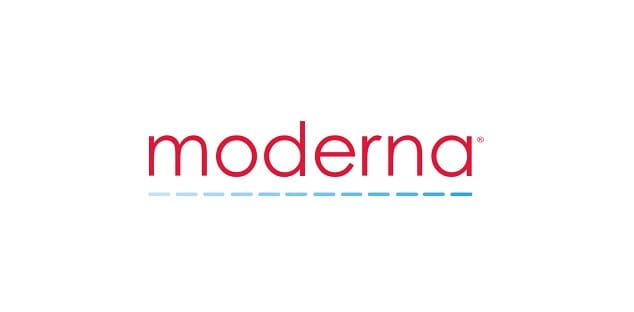
Key Points
- The Pfizer and Moderna vaccines demonstrated efficacy of more than 95% against severe disease in clinical trials.
- A recent CDC analysis suggests the Moderna vaccine may be slipping ahead in the real world.
- Investors should monitor various studies — but remember the importance of clinical trial data.

IMAGE SOURCE: GETTY IMAGES.
Data from nine states
The Centers for Disease Control and Prevention (CDC) recently published data gathered from hospitals across nine states. Researchers looked at hospitalizations and emergency room visits from June through August. This includes more than 14,000 hospitalizations and more than 18,000 urgent care visits. The study included only individuals who were fully vaccinated with Moderna, Pfizer, or J&J vaccines.
The analysis suggests the Moderna vaccine is the most efficacious. Moderna showed vaccine effectiveness of 95% against hospitalization and 92% against urgent medical visits. That compares to 80% and 77% for Pfizer and 60% and 65% for J&J.
Does the analysis mean Moderna is rising above close rival Pfizer? Not necessarily. I’m not convinced there’s a major difference between the efficacy levels of Moderna and Pfizer.
First, this particular study is just that: One study. Another recent report weighed in Moderna’s favor — but it measured something completely different. I wrote about this research, showing more antibodies produced by the Moderna vaccine. As I said in that article, higher antibody levels may not equal stronger protection. And that report can’t be used to support the findings of the CDC study. Bottom line: We don’t have a handful of very specific studies leading us to one conclusion.
Another detail to note: The CDC analysis didn’t include partially vaccinated individuals. It also didn’t consider the timing of vaccination. That’s an extremely important factor. Some of those in the study may have been experiencing waning immunity. Others might have completed vaccination more recently — and that means a higher level of protection.
So, what does this mean for investors?
We shouldn’t ignore these analyses or any real-world data about vaccine performance. But we should put them into perspective. Most times, they won’t offer us as much clarity as a clinical trial (unless several well-designed studies produce the same conclusion.) Companies carefully design trials so we don’t have missing elements — like the timing of vaccination — that could affect the study outcome. That’s why it’s extremely important to refer to Pfizer’s and Moderna’s clinical trial follow-up data.
And that data is pointing to one thing: Positive performance for both vaccines. Moderna’s showed 93% efficacy overall, 98.2% against severe disease, and 100% efficacy against death. In Pfizer’s six-month follow up, the vaccine showed 91.3% overall efficacy and 95.3% effectiveness against severe disease.
Moderna may have a slight efficacy edge, but not enough to make a difference when it comes to vaccine orders — or revenue. The world needs more than one vaccine maker in order to meet the need for coronavirus vaccines. There is room for a few top performers.
In recent weeks, both companies have said immunity wanes in the six to eight months following the primary series — and boosters are needed. This, too, shows a great similarity between the performance of the two vaccines.
So, investors have reason to be positive about both Moderna and Pfizer. Prospects remain strong. Moderna expects $20 billion in vaccine revenue this year. And Pfizer and partner BioNTech say their vaccine revenue will total more than $33 billion.
Each company may slip ahead in certain areas. But overall, they both are winning in the race to protect populations against the coronavirus. And that means investors who buy the shares may win too.









